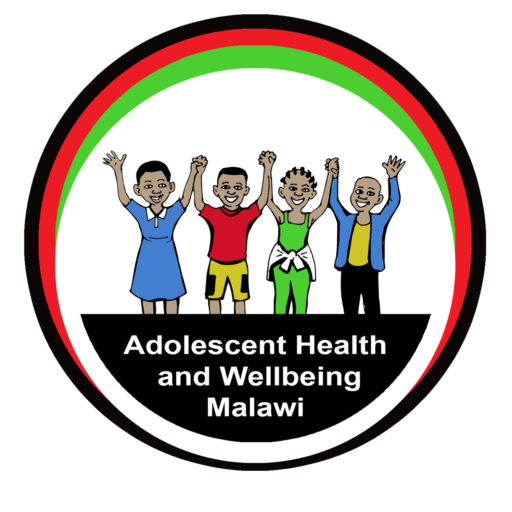How We Work
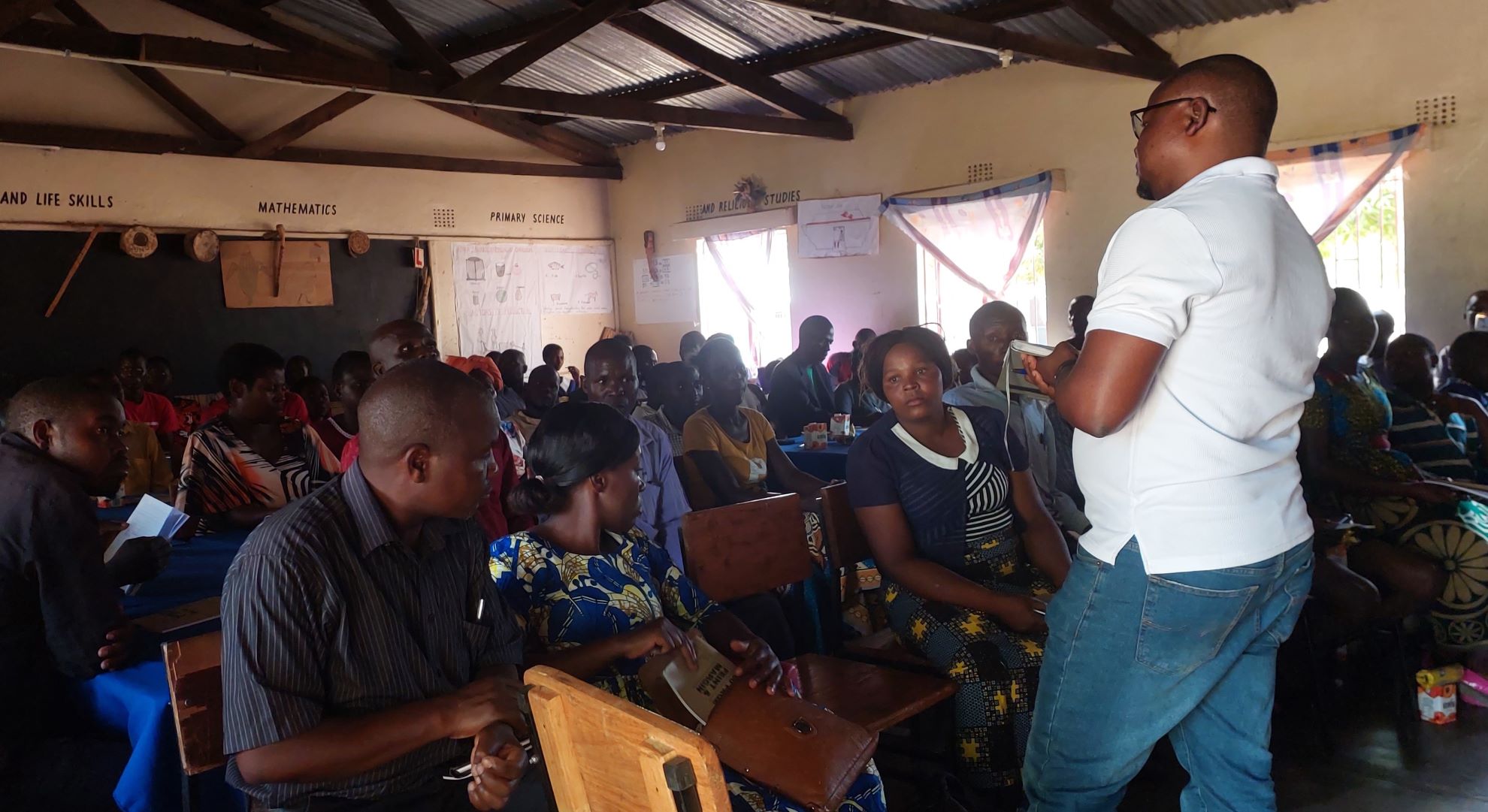
We aim to understand the psychological, sociocultural, socioeconomic, educational, political and geographical contexts which influence adolescent health and wellbeing, and to explore which interventions and policies can best support these in the future.
We are working hand in hand with adolescents (10–14 years old) from rural (Mchinji) and urban (Blantyre) backgrounds to understand their lived experience, and the challenges they face in their day to day lives. We are then working with adolescents, parents and guardians and other interested parties to develop promising approaches to improve their health and wellbeing.
Focus areas
The project focuses on 3 key areas:
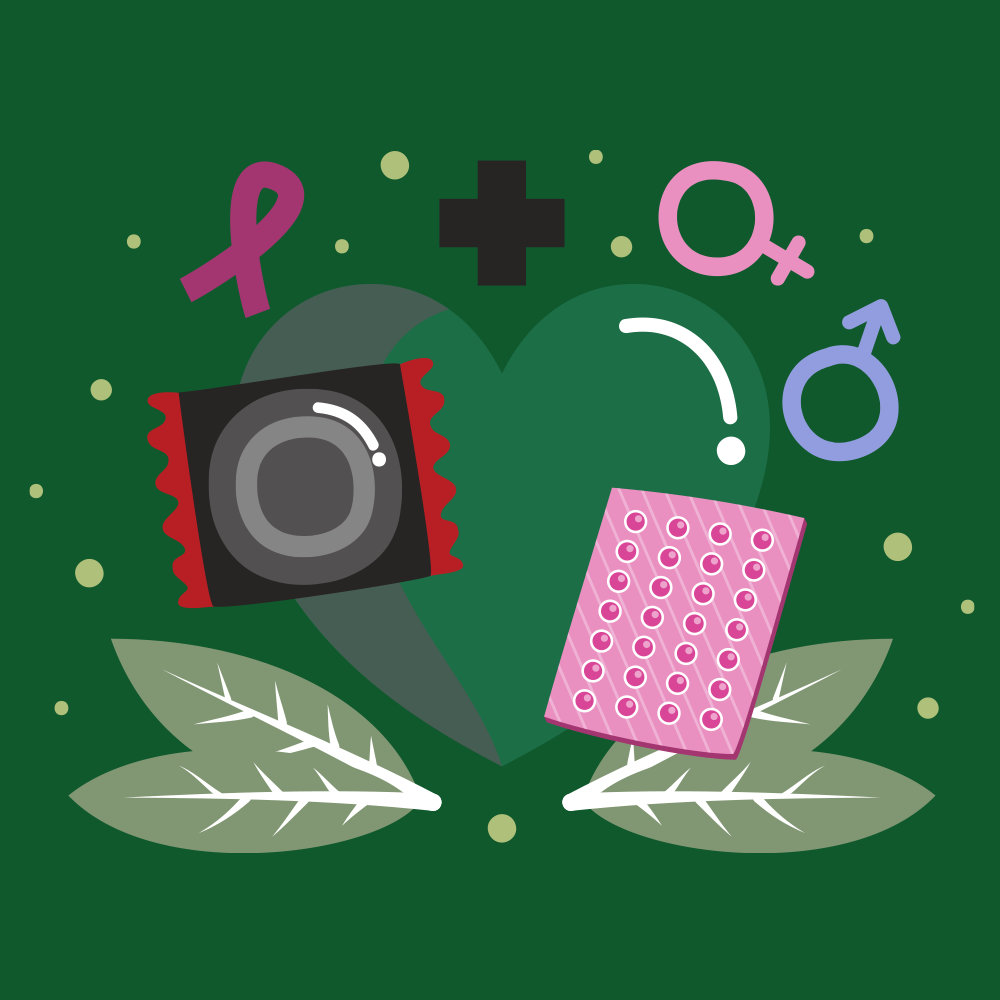
Gender, Sexual and Reproductive Health Rights
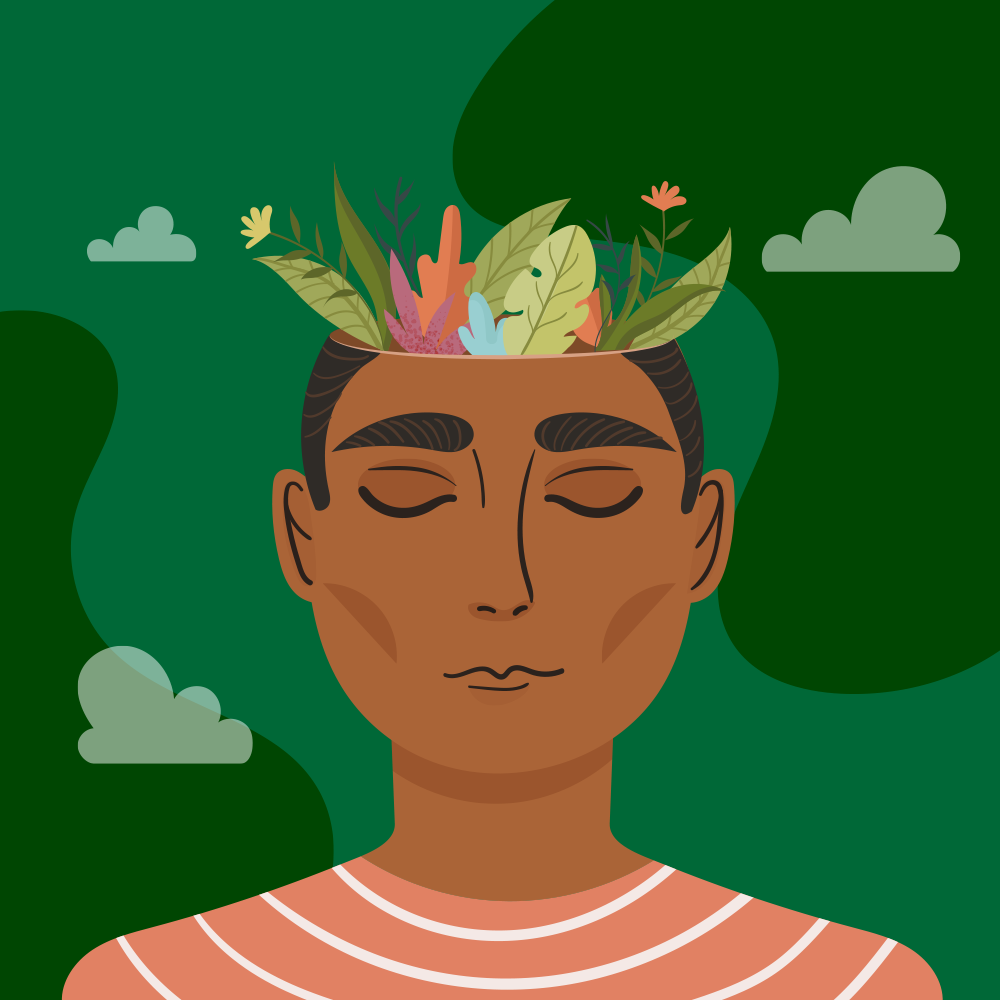
Aspirations and Wellbeing including Mental Health
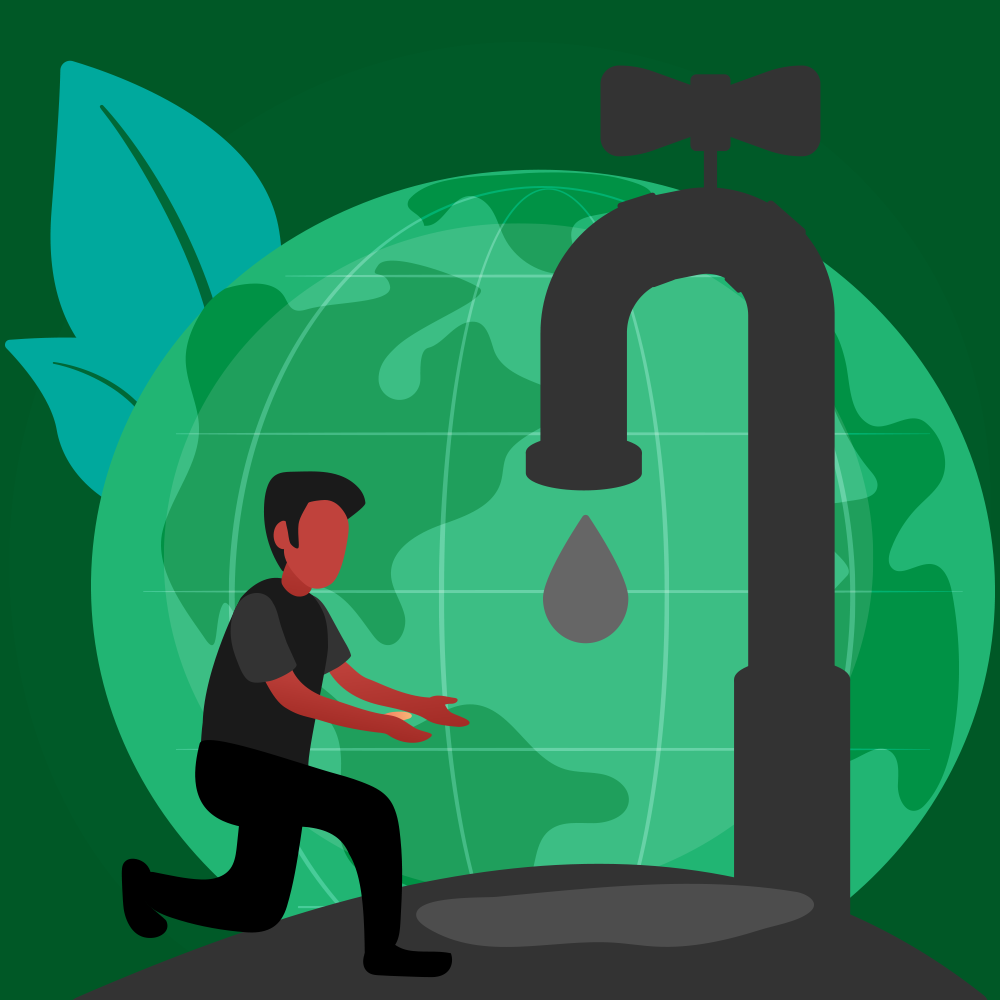
Water, Sanitation and Hygiene
Our work structure
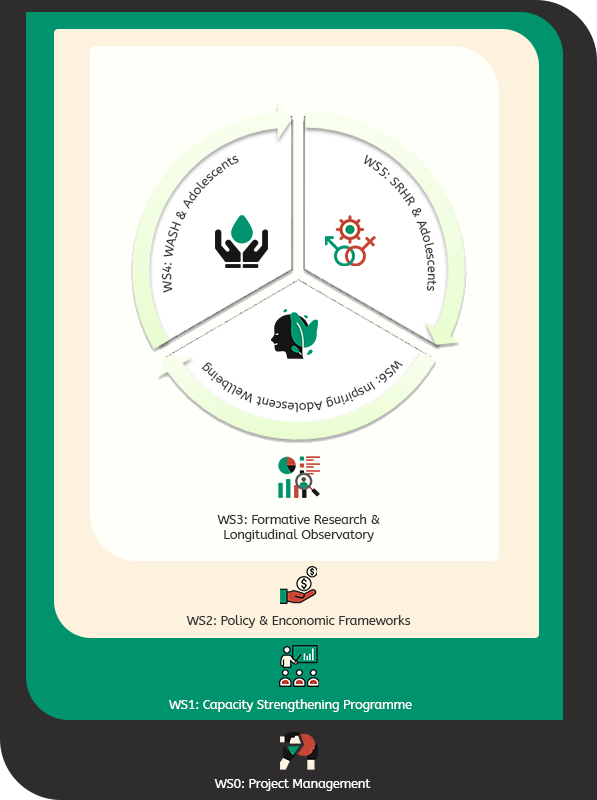
The Group’s collaborative research activities span four years and aim to address intermediate and long-term outcomes identified in the Theory of Change.
The research activities are organized into five focused work strands:
WS0 for management and governance, WS1 for capacity building and training, WS2 for policy and economic frameworks, WS3 for formative research and longitudinal observatory, and WS4-6 for specific research questions and engagement.
WS2, focusing on policy and economic frameworks, will intersect with all other research areas to provide support and advice.
The initial phase of the research program will focus on formative research, including the establishment of a longitudinal observatory (WS3), to gain insights into adolescent health and wellbeing issues.
The formative phase and longitudinal observatory will provide a foundation for the co-creation and implementation of specific prototypes and trials.
WS4-6 will utilize the research platform comprising rural and urban cohorts of young adolescents, community and school settings, and engagement with key stakeholders.
Collaboration and crossover between WS4-6 are anticipated during the co-creation and implementation process.
Study area & Population
Blantyre (Urban), Mchinji (Rural)
- Main focus of longitudinal populations
- Other areas can be included in interventions
Blantyre (Urban), Mchinji (Rural)
-
Overall targeting adolescents aged 10 – 19 years
-
Longitudinal study focussed on 10 – 16 years (same as above
-
Inclusion of all relevant stakeholders, marginalised groups and establishing equitable partnerships
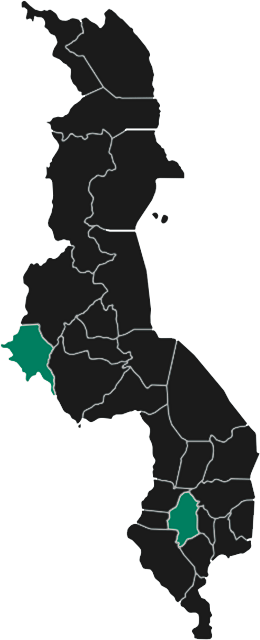
Work strands

Capacity Strengthening and Training

Economic and Policy Frameworks

Formative Research and Longitudinal Observatory
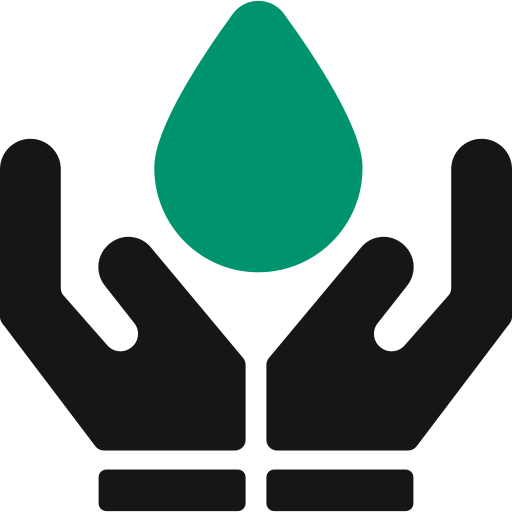
Water, Sanitation and Hygiene, and Adolescents
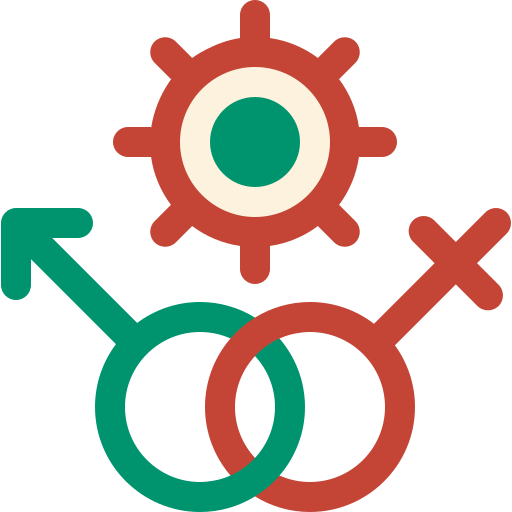
Sexual and Reproductive Health and Rights

Inspiring Adolescent Wellbeing

